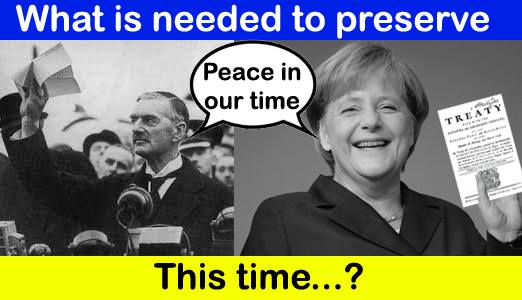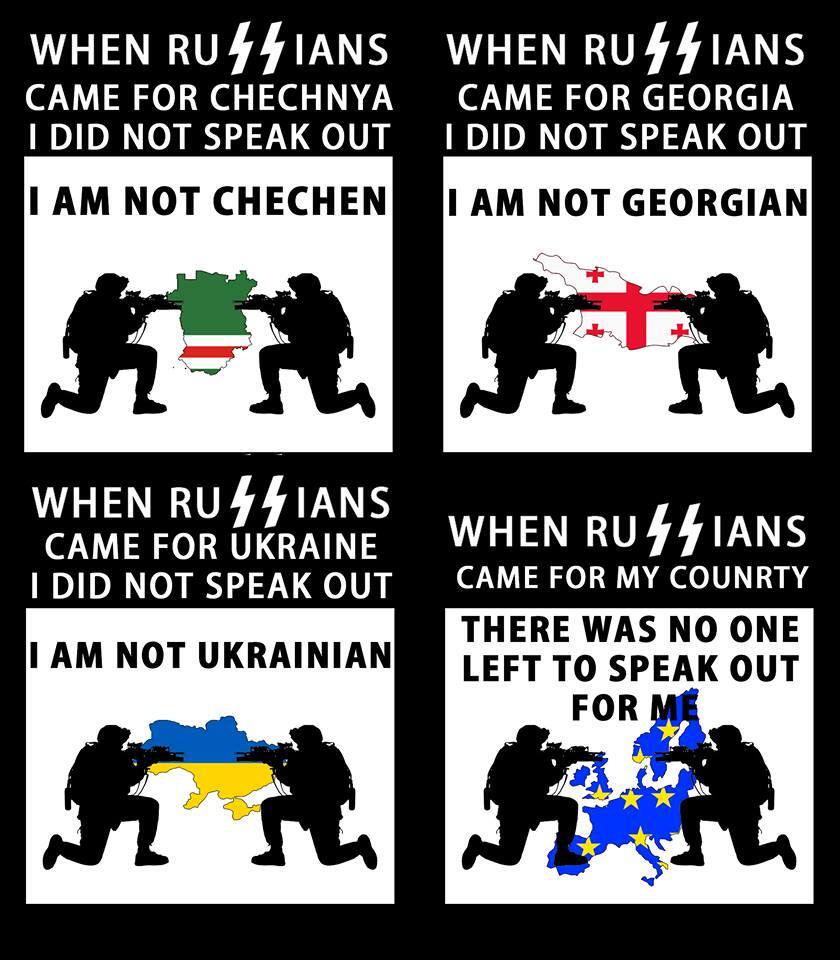In war the old bury the young, in peace the young bury the old, as should be
#removevetorightsunsc
Remove vetorights UNSC,
those 5 USA, China, russia, UK and France
don't bring the world to PEACE, but to PIECES
Palestina-Palestine and israel
Palestina - Palestine
 reddit sub A very IMPORTANT MAP showing the massive destruction of Palestinian villages and cities (English) https://www.palestineremembered.com/Acre/Maps/Story1261.html In a way you can see of way Israel treated Palestinians what would happen if ruzzia conquered Ukraine, Annihilation of people, culture, history: Palestine maps restored News, images, video on Palestine occupied palestine israel wereldkampioen schendingen vnresoluties Gaza under attack refuseniks Two peoples-one future http://www.palestineremembered.com/Maps/Palestine1945ZionestAndPalestinianLandownershipByDistrict.gif http://palestineonlinestore.com/ https://www.palestineportal.org/action-advocacy/support-palestine-fair-trade/ https://www.palestine-shirts.com/ https://www.shoppalestine.org/ http://www.frompalestine.net/ Newest additions here !
When 01012017 UA TODAY stops,
switch to unian.info pro-putin and trojan horse Viktor Medvedchuk gained control over 112 and newsone Beware of kremlinmedia! (Lucky we hardly use links from there anymore! ) Muscovy war on Ukraine Daily missing links, the ones we couldn't place yet. Our separate UKRAINE BOARD AliexpressVeel goedkoper dan bij Amazon(veel meer produkten ook, ook de ondeugende) en vergeet de FB-scam-advertenties!  Beat the crisis/recession, order from ALIEXPRESS, country of origin at lowest prices, not in your own country, from middlemen/webshops !
Beat the crisis/recession, order from ALIEXPRESS, country of origin at lowest prices, not in your own country, from middlemen/webshops !Much Cheaper then from Amazon (also more on offer even naughty item) and forget the FB- scam-ads! Informnapalm
Invalid feed.
UAWIRE
AliexpressVeel goedkoper dan bij Amazon(veel meer produkten ook, ook de ondeugende) en vergeet de FB-scam-advertenties!  Beat the crisis/recession, order from ALIEXPRESS, country of origin at lowest prices, not in your own country, from middlemen/webshops !
Beat the crisis/recession, order from ALIEXPRESS, country of origin at lowest prices, not in your own country, from middlemen/webshops !Much Cheaper then from Amazon (also more on offer even naughty item) and forget the FB- scam-ads! Aliexpressprice HALF of in EU approx ? 90, other smartphones available at low prices 
Draagbare Pico Smart Android Wifi 1080P 4K Tv Laser Mini Led Home Theater Dlp Projector voor Smartphone 
dual cam dashcam 
16/26 ringlight on usb 
3 mtrs selfie stick/tripod 
Ulanzi CapGrip Wireless Bluetooth Smartphone Selfie Booster Handle Grip Phone Stabilizer Stand Holder Shutter Release 1/4 Screw 
Reloj Inteligente Ecg Smart Watch Men Android 2021 Smartwatch Ip68 Bluetooth Call Answer Smart Watch For Android Phone IOS Watch, leather or metal wristband 
FIFISH V6 Underwater Robot Camera RC Drone With 4K UHD Camera 4 Hours Working Time Head Tracking Immersive VR Control Underwater 
Sublue Seabow Smart Underwater Scooter Drones 40m Water With Actions Camera Mount OLED Display Waterproof Sports Swimming Diving 
Original Autel EVO 2 II Pro 8K/6K RC Drone HD Gimbal Camera 60fps 9KM 35 Min Flight Extra Battery Parking Apron Combo Quadcopter 
XPAY 2020 Lovers Ladies Sneakers Male Running Women Sport Man Brand Luxury Comfortably Breathable Athletic Casual Fashion 
M-4XL plus size women sexy hollow out Summer dresses vestido 2021 short sleeve v neck Patchwork button vintage denim dress 
BYINTEK P20 Mini Portable Pico Smart Android Wifi Screenless TV lAsEr LED DLP Projector 4K 1080P for Mobile Phone Smartphone  Luxury Brand Top Quality Teto Bag Genuine Shopping Handbags Women's Shoulder Large Capacity Ladies Leather HandBags Computer Bag
Luxury Brand Top Quality Teto Bag Genuine Shopping Handbags Women's Shoulder Large Capacity Ladies Leather HandBags Computer Bag Winait 7'' Rell Roll Film Scanner for Super 8 and 8mm Fim
Winait 7'' Rell Roll Film Scanner for Super 8 and 8mm Fim Protable 22MP Film Scanner 35mm Negative Film Scanner Mini Photo Slide 2.4" LCD Screen Slide Film Scanner Digital Film Converter, also 110 126 amd Super8 stills
Protable 22MP Film Scanner 35mm Negative Film Scanner Mini Photo Slide 2.4" LCD Screen Slide Film Scanner Digital Film Converter, also 110 126 amd Super8 stills
|
|
 Ukraine |
 E.U. 
NATO When Russians came for (Moldova)Chechnya, i didn't speak out, I'm not Chechen ! When Russians came for Georgia, I didn't speak out, I'm not Georgian ! When Russians came for Ukraine, I didn't speak out, I'm not Ukrainian ? When Russians came for my country, there was no one left, to speak out for me !!!!!!!!! Budapest Memorandum, US, UK & rusland?  Frau Ribbentrop-Merkel(=Chamberlain), whats next, Ribbentrop-Molotov again?? Schaffen wir das? Frau Ribbentrop-Merkel? |

the famous words of one of America?s Founding Fathers, Benjamin Franklin, in 1776: ?We must all hang together, or most assuredly we shall all hang separately.?  SHARE it on Twitter, Facebook, others, sites !! MH 17 Final Reports -Dutch safety Board MH 17 nieuws / news |

U.S.A. 
U.N, |


Rusland or USSR? The soviet story 2008 Moscow Maidan |
Visit
UWA e-store
groups/UkraineWarAmps
UkraineWarAmps


Protect yourself from mass-UV!(bought it myself)
. Aliexpress
Aliexpress
Protect yourself from mass-UV!
 Aliexpress
Aliexpress
 New Summer UPF 50+ UV Sun Protection Skin Coats Men Ultra-Light Sportswear Cycling Wear Fishing Suit Lady Windbreaker Jackets
New Summer UPF 50+ UV Sun Protection Skin Coats Men Ultra-Light Sportswear Cycling Wear Fishing Suit Lady Windbreaker Jackets
 Reinforced Windproof Strong 10 / 16 Bone Automatic Folding Umbrella Men Rainproof UV Sunproof Wind and Water Resistant Umbrellas
Reinforced Windproof Strong 10 / 16 Bone Automatic Folding Umbrella Men Rainproof UV Sunproof Wind and Water Resistant Umbrellas
rotect yourself from mass-UV!
 Aliexpress
Aliexpress
Less need for costly airco! Protect from UV, heat and glare in summer and keep warmth IN, in winter,
also protect windows,glass doors from breaking, burglary and accidents.

Protect yourself from mass-UV!
 Aliexpress
Sunice Smart VLT69%-25% car window tint film 3mil photochromic film solar tint heat control anti-UV glass sticker 1.52x30m $2200
Aliexpress
Sunice Smart VLT69%-25% car window tint film 3mil photochromic film solar tint heat control anti-UV glass sticker 1.52x30m $2200
Je eigen windmolen 3-10Kw 15% efficienter door verticale opstellingen dan gebruikelijke molens.
Btw inbegrepen, kan afspreken voor directe levering zonder douaneninklaring
 prijzen vanaf...
prijzen vanaf...
